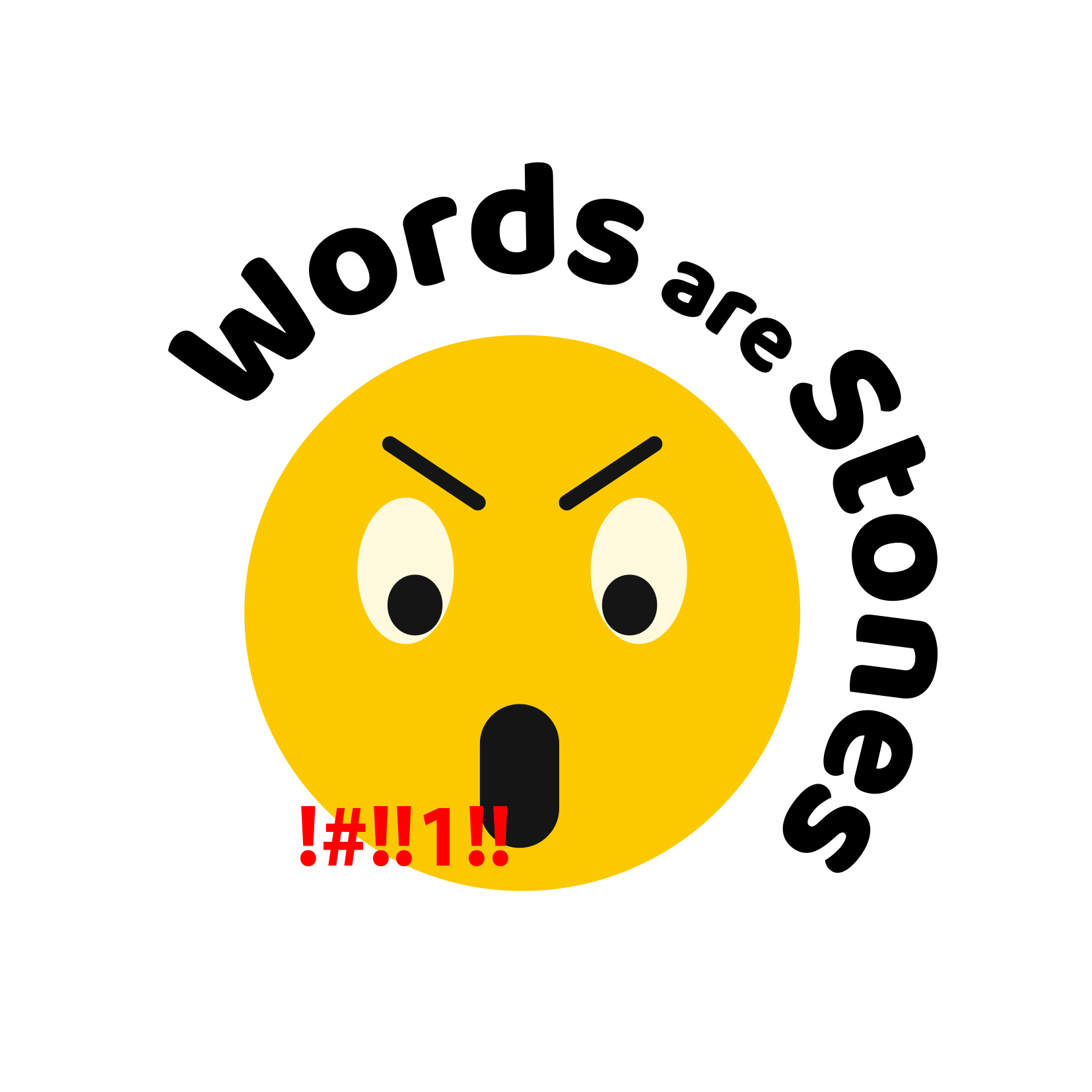According to the charity Bullying UK there are at least seven categories of such abuse:
- Harassment – This is the act of sending offensive, rude, and insulting messages and being abusive. Nasty or humiliating comments on posts, photos and in chat rooms. Being explicitly offensive on gaming sites.
- Denigration – This is when someone may send information about another person that is fake, damaging and untrue. Sharing photos of someone for the purpose to ridicule, spreading fake rumours and gossip. This can be on any site online or on apps. We even hear about people altering photos of others and posting it online for the purpose of bullying.
- Flaming – This is when someone is purposely using really extreme and offensive language and getting into online arguments and fights. They do this to cause reactions and enjoy the fact it causes someone to get distressed.
- Impersonation – This is when someone will hack into someone’s email or social networking account and use the person’s online identity to send or post vicious or embarrassing material to/about others. The making up of fake profiles on social network sites, apps and online are common place and it can be really difficult to get them closed down.
- Outing and Trickery – This is when someone may share personal information about another or trick someone into revealing secrets and forward it to others. They may also do this with private images and videos too.
- Cyber Stalking – This is the act of repeatedly sending messages that include threats of harm, harassment, intimidating messages, or engaging in other online activities that make a person afraid for his or her safety. The actions may be illegal too depending on what they are doing.
- Exclusion – This is when others intentionally leave someone out of a group such as group messages, online apps, gaming sites and other online engagement. This is also a form of social bullying and is very common.
Despite these moves in a positive direction, a third of youngsters in Hungary have still reported involvement in cyber bullying (either as being a bully or having been bullied); with ‘the most common cyber bullying types in our sample were sending mean, cruel, or threatening messages online to someone they know’. Words are Stones is a project between NGOs concerned about cyber bullying in Italy, Bulgaria, Greece, Romania, Spain, Hungary, the Czech Republic, and Lithuania. The primary aim is to foster a network of digitally engaged young people, in order to develop counter-narratives against cyber bullying, this network will contribute to more inclusive and tolerant societies. Central to the project’s philosophy is the idea that online space is public space – human rights apply there as much as in the rest of society.
In Hungary, the Budapest Centre for Mass Atrocity Prevention will be taking the lead in organising
a training course for young social media strategists/managers, bloggers, online activities, YouTubers, etc, the training hopes to increase the awareness against cyber bullying for youngsters in Hungary.
Following on from this, the Youth Media Campaign in Hungary will enable these digital influencers to reach out and make a positive impact, where members of Generation ‘Web 2.0’, can together create a network where they can communicate safer and easier with each other safe from online
hate speech.
The ‘Words are Stones Hate Speech Award’ will inspire them to connect with youths situated across Europe, sharing inspiring stories of overcoming cyber bullying, and innovative tools for
driving it off the internet.
Here you can find the English and Hungarian versions of the document.
Participate in the Contest!
Here, you can find information about the contest.






